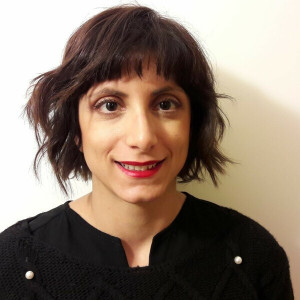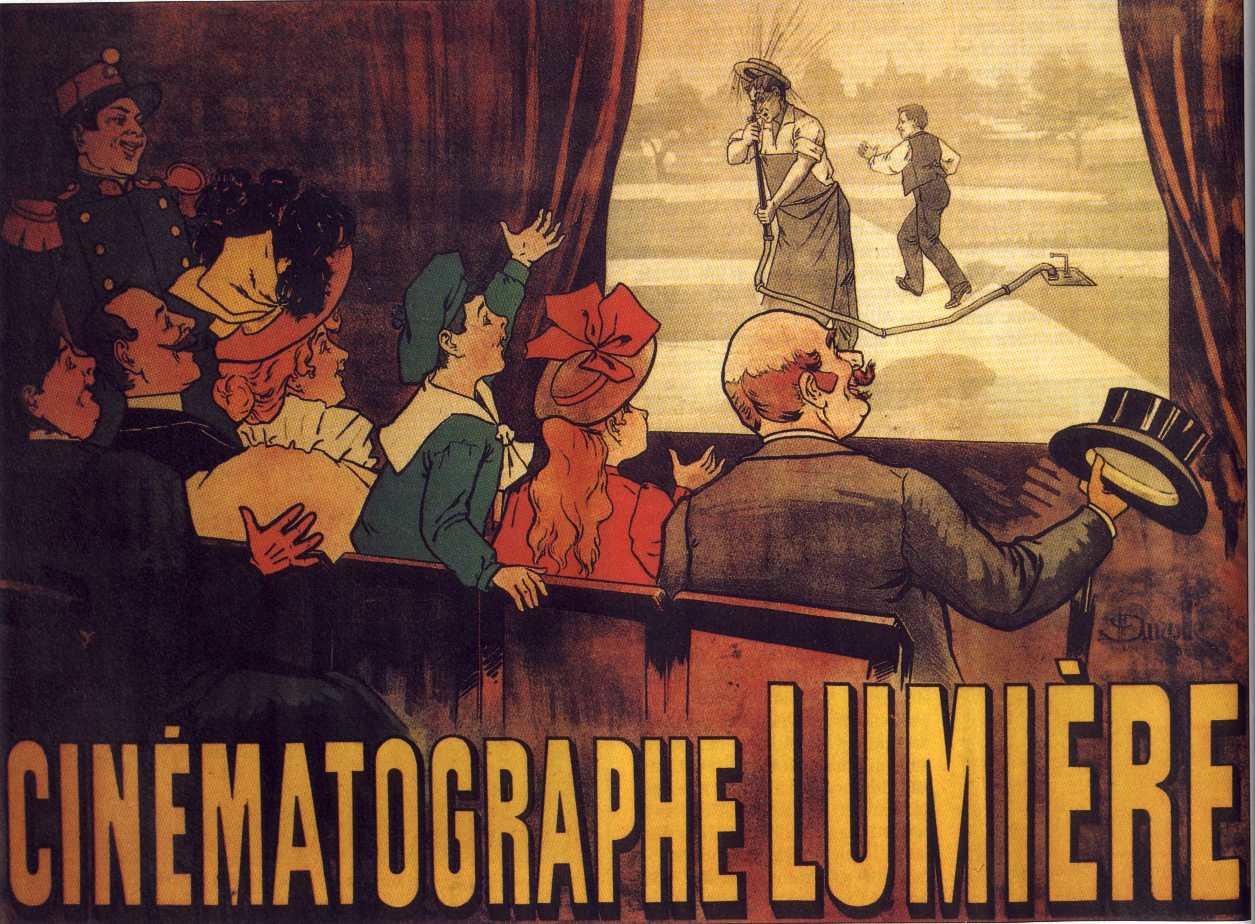For many Year 11 & 12 students it can be hard to find the motivation to put in the extra hours of study when it comes to exam preparation. Studying isn't for everyone, but when it comes to studying and speaking a new language there are a few ways that you can make studying feel like a fun activity.
If you are a Year 11 & 12 student who has chosen French as one of your HSC or VCE subjects then you may be someone who is interesting in a university course in International Studies or a Diplôme de Francais.
Studying a language at Year 12 level is an exciting subject to choose as it means you will learn how to understand a whole new culture and world of media, food and ideas. Yes, this means that watching French movies and listening to French music counts as studying!
Another bonus of choosing to study La Langue Française is that you will have future opportunities to travel and connect with people you may otherwise not have been able to have a conversation with.
In today's article, we're going to go over some tips to help get you through your Year 12 French exam preparation and explore where studying a language like French can take you in the future!
Find out more about French exam prep here.


Revision Tips for your French Examinations
Students who are eager to travel to new and exciting cities often choose French as it is spoken in places such as Quebec in Canada, France of course and even New Caledonia which is only a four hour flight from Melbourne and a two hour flight from Brisbane!
There are many more countries where French is spoken, on this note it is important to acknowledge the effects of colonisation and the way in which French has parallels with English when it comes to being one of the most prominently spoken languages.
If you have chosen French as one of your final VCE or HSC subjects you are certain to learn about the different countries, cultures and contexts this language is spoken. Having an in-depth understanding of the history of a language is also a great study tool when it comes to learning a new way of speaking.
In Australia year 11 & 12 French examinations are split into two parts, a written and oral component. The oral component can be the most nerve-racking for some students, as this exam consists of 2 sections; 7 minutes of conversation and 8 minutes of discussion.
So, the oral is 15 minutes of speaking in French for the duration with two assessors, you are allowed to bring in some visuals to aid your discussion. The written examination is split up into 3 sections; within each section, there are a number of both reading and comprehension tasks.
For the written exam, you will have 15 minutes of reading time and 2 hours of writing time, this can sound like an awful lot for some students but not to worry we're here to help you out with some helpful tips so you can feel ready in November come exam time.
You can learn more about what content to expect on the Year 11 & 12 French exams by visiting the VCAA website for example. There you will be able to find;
- Current examination specifications
- Past exams and example answers
- Past examples of speaking audio recordings
In Year 11 & 12 French you will primarily be focusing on these basic skills:
- Reading
- Writing
- Listening
- Speaking
You can search for some of the best french lessons in Australia here.
Depending on which teacher you have you may focus on a particular area of French culture, for example when I studied Year 12 French in 2014 my class had a focus on La Nouvelle Vague: New Wave French Cinema.
Read our other articles to find out how else you can support your learning during exam preparation time.

It can be tough in a busy school classroom to get the preparation time you need during your lessons at school, so here are some other ways you can revise for your exams and keep track of your progress and work towards proficiency.
- Find additional French lessons
This could either be with a private institution or with your own private tutor, this is a great way to commit to some learning time outside of school hours.
- Put in some extra listening hours
We mentioned earlier that movies and music can count as additional learning, especially if you learn the words and can sing along! Another reason this is a great way to fit in extra revision is that there's also plenty of free videos in French on platforms such as YouTube, and don't forget about podcasts!
- Join or create a French-speaking club
That's right, going out for a hot chocolate and pretending you're at a cafe in Paris can count as studying too! Investigate whether there's a French-speaking club near you or simply make a time each week with friends from your class to only speak in French for an afternoon after school together.
- Practice reading and following French news and media:
Don't worry you won't have to start reading the French translation of Camus straight away, you can have fun practicing your reading by following French media outlets and French-speaking social media accounts.
Keep up to date with the French-speaking world by checking the French-speaking news regularly, SBS is great for this!
- Improve your writing and keep a French diary
The final two years of high school are often the most memorable, so why not treasure some of the memories by keeping a diary and writing in French!
No one else has to read it so you can just have fun writing down what's happening in your life and practicing your ability to think and write in French.
Improve yourself by taking French lessons Melbourne here on Superprof AU.

Additional Support
Places like Alliance Française in Melbourne are somewhere you can choose to further your study by completing some of their courses which include the:
- DELF/DALF (Diplôme d'études en Langue Française)
- TCF (Test de Connaissance du Français)/TEF (Test d'évaluation de Français) for Canada or Quebec.
Places like Alliance Française have been established for a long time, and have connections all over the world if you are a student who is interested in international travel once you finish your exams. Diplomas like the DELF/DALF are valid qualifications and recognised at an official C1 and C2 level by the French Ministry for Education.
One disadvantage is that lessons and courses at places like these can be quite pricey, if you're on a budget though there are plenty of other options out there to support your learning and language education.
It could be your dream to find a university course in a French-speaking country and improve your language proficiency by completing a diploma before you leave or invest in some online tutoring lessons with us here at Superprof to support your education.
Find a French Tutor with us at Superprof
Here at Superprof we have a great range of French tutors and teachers right across Australia, and we know that as a year 11 or 12 student you're probably already stretched for time, so why not consider online tutoring?
Online tutoring is a great option as it means you can learn from the comfort of your own home and can cut out the travel time. Online lessons can often be a bit more affordable as well so the other options of doing a DELF, DALF or TCF can be something you invest in for the future while you focus on working with your tutor.
Having your own private tutor will also make it easy to designate time outside of school to study with someone who has experience speaking French, and may have even completed French exams themselves in the past.
Check out some of our other articles on how to feel prepared and learn more!
Summarise with AI:
























